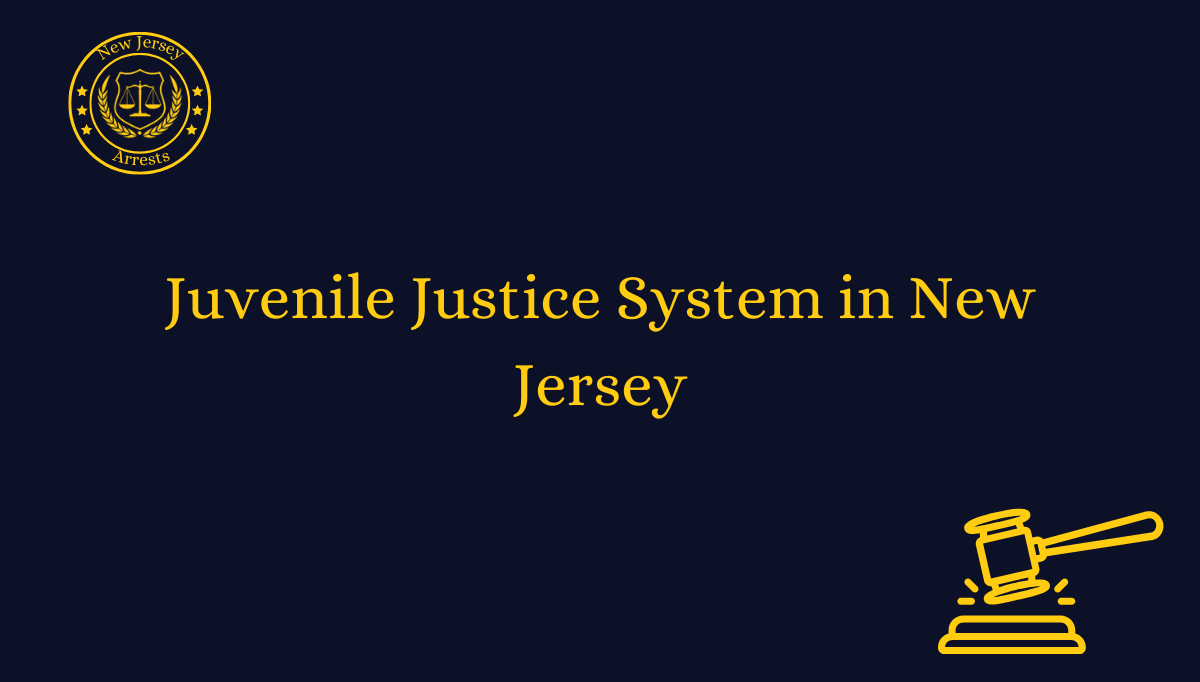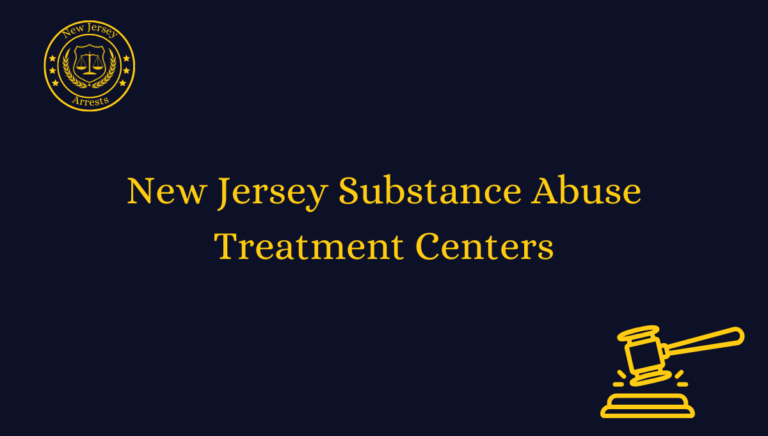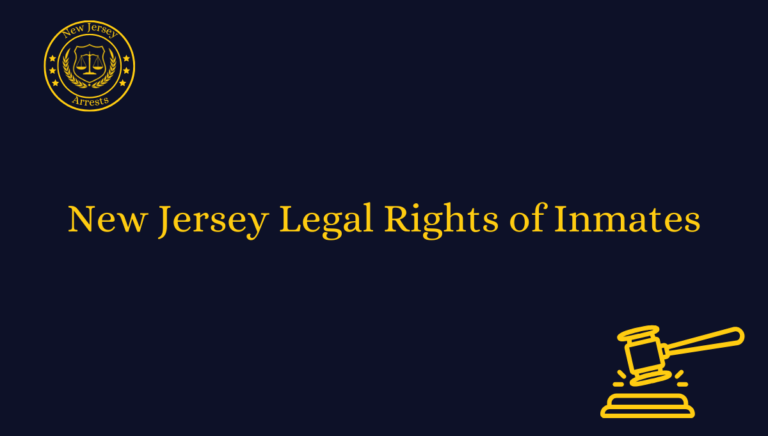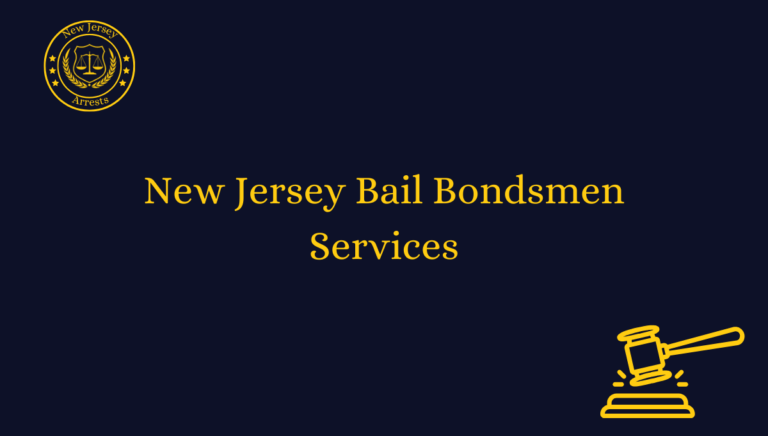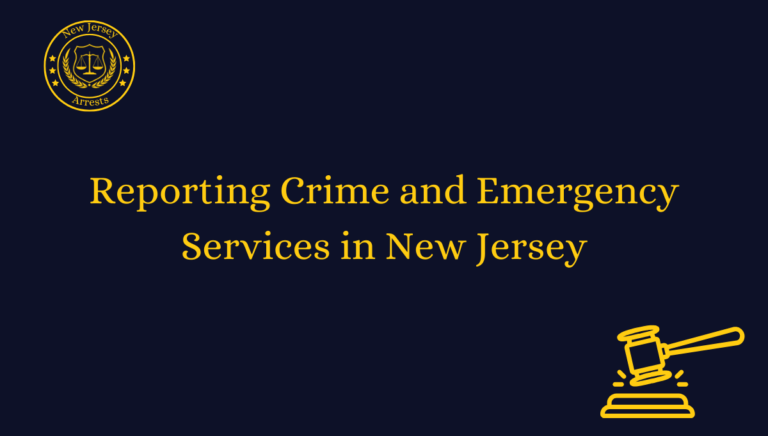Juvenile Justice System in New Jersey
The Juvenile Justice System in New Jersey is a critical aspect of the state’s legal framework, aimed at ensuring the well-being and rehabilitation of young offenders. With a strong emphasis on fair treatment and rehabilitation, the system strives to provide a second chance for juveniles who have made mistakes, while also protecting public safety.
Through a combination of comprehensive programs, specialized courts, and dedicated professionals, New Jersey’s Juvenile Justice System works tirelessly to address the unique needs and circumstances of young offenders. By focusing on prevention, intervention, and diversion, the system aims to break the cycle of criminal behavior and create a path towards a brighter future for our youth.
Legal Framework
The legal framework for the Juvenile Justice System in New Jersey is primarily governed by the New Jersey Code of Juvenile Justice. Enacted in 1982, this legislation emphasizes the protection of society, accountability, and the rehabilitation of juvenile offenders. The system recognizes that punitive measures alone may not be effective in addressing the root causes of delinquency, and thus, it emphasizes a holistic approach to juvenile justice.
Diversion Programs
New Jersey prioritizes diversion programs that allow juvenile offenders to avoid formal court processing. These programs are designed to address the unique needs of each young person, considering factors such as age, background, and the nature of the offense. Diversion programs may include counseling, community service, and educational interventions, providing a more personalized approach to rehabilitation.
Juvenile Court Process
When formal court processing is deemed necessary, New Jersey’s Juvenile Justice System follows a separate court process for juveniles. Juvenile cases are handled by the Family Part of the Superior Court, and proceedings are generally closed to the public to protect the privacy of the juvenile offenders. The focus is on rehabilitation rather than punishment, with the goal of guiding young individuals toward positive behavioral changes.
Rehabilitation and Treatment
The rehabilitation and treatment of juvenile offenders in New Jersey are central to the state’s approach. The system prioritizes therapeutic interventions, counseling, and educational programs to address the underlying issues contributing to delinquency. The aim is not only to correct behavior but also to equip young individuals with the skills and resources necessary for successful reintegration into society.
Detention and Confinement
While the emphasis is on rehabilitation, there are instances where detention or confinement becomes necessary. New Jersey’s juvenile detention facilities are designed to be more rehabilitative than punitive, offering educational and vocational programs to help juveniles acquire valuable skills. The duration of confinement is carefully considered, and efforts are made to avoid long-term incarceration in favor of community-based alternatives.
Collaboration with Communities
The success of the Juvenile Justice System in New Jersey is closely tied to collaboration with communities. Local partnerships, involving schools, social services, and community organizations, play a crucial role in supporting the rehabilitation and reintegration of juvenile offenders. This collaborative approach recognizes that addressing juvenile delinquency requires a multifaceted effort involving various stakeholders.
FAQs
What is the Juvenile Justice System in New Jersey?
The Juvenile Justice System in New Jersey refers to the legal framework that handles cases involving minors who have committed offenses. It aims to provide rehabilitation and support to young offenders while ensuring public safety.
What is the age range for individuals in the Juvenile Justice System?
In New Jersey, the Juvenile Justice System applies to individuals aged 10 to 17 years old. Minors below the age of 10 are considered too young to be held responsible for their actions and are not subject to the system.
What are the main goals of the Juvenile Justice System in New Jersey?
The main goals of the Juvenile Justice System in New Jersey include rehabilitating young offenders, preventing future criminal behavior, and promoting their successful reintegration into society. It also aims to protect the rights and well-being of juveniles during the legal process.
What are the possible consequences for juvenile offenders in New Jersey?
The consequences for juvenile offenders in New Jersey can vary depending on the severity of the offense and the individual’s background. They may include probation, community service, counseling, rehabilitation programs, or placement in a juvenile detention facility. The focus is on rehabilitation rather than punishment.
Is the Juvenile Justice System in New Jersey different from the adult criminal justice system?
Yes, the Juvenile Justice System in New Jersey operates differently from the adult criminal justice system. It emphasizes rehabilitation and intervention rather than punishment. The focus is on addressing the underlying causes of juvenile delinquency and helping young offenders turn their lives around.
How does the Juvenile Justice System in New Jersey ensure the rights of juveniles?
The Juvenile Justice System in New Jersey guarantees certain rights for juveniles, including the right to legal representation, the right to remain silent, and the right to due process. Additionally, it provides safeguards to protect the privacy and confidentiality of juvenile offenders during the legal proceedings.

